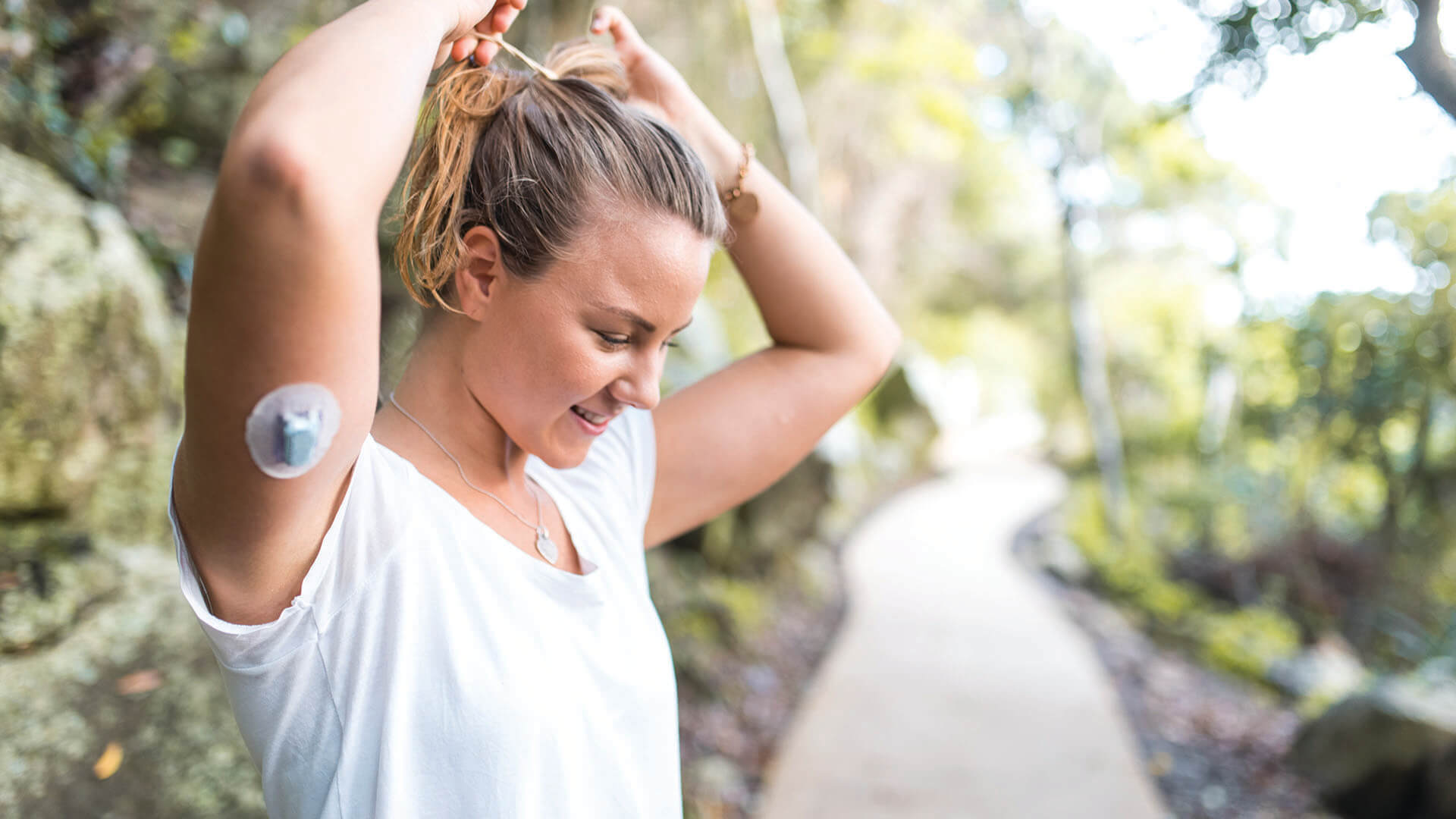ARTICLES > THRIVE
THE HEALTH CHECKS TO PUT ON YOUR RADAR NOW
There’s no better time than now to organise the health checks you need, especially if you have coeliac disease.
By Selina Altomonte
It’s a universal truth that there are few things as precious as our health, but this can resonate even more if you’re living with a coeliac disease diagnosis.
One of the most powerful things we can do for ourselves is being proactive about looking after our wellbeing. While life admin may not sound transformative, being empowered can start with staying on top of general and specialist health checks – so here’s a gentle reminder of what you might need to put on your radar, or book in now.
COELIAC DISEASE FOLLOW-UP CHECKS
It’s important to have regular follow-ups to manage your condition, as well as understanding associated conditions including your own mental health.
- Review appointments should take place approximately every 3-6 months until you are symptom free – then follow-ups can be extended to every 1–2 years.
- Your review should include coeliac serology blood tests to test for gluten exposure; nutritional screening to check the absorption of iron, vitamin B12, folate and vitamin D; and tests for associated conditions such as liver function and thyroid function including Graves’ disease or Hashimotos Thyroiditis.
- Adults over the age of 50 should have a bone density screening every five years to check for thinning of the bones or osteoporosis, but this is even more important if you have a coeliac disease diagnosis, as the risk of osteoporosis is greater.
- Check in with a dietitian for ongoing education, and if needed, adjustments to align with your current nutritional needs and lifestyle.
- Did you know that between 4 and 9 percent of people with coeliac disease will also have Type 1 diabetes? Both are autoimmune conditions and are linked: if you are experiencing symptoms such as rapid weight loss, excessive thirst or blurred vision, speak to your GP.
- Living with a chronic condition such as coeliac disease adds to your mental load, and your wellbeing is crucial. Speak to your GP about a mental health check-in – you deserve support.
FAMILY SCREENING FOR COELIAC DISEASE
If you’ve been recently diagnosed with coeliac disease, it’s a wise decision to have other members of your family too as first-degree relatives have a 10 percent or greater chance of also being affected. It’s important to know that some people with coeliac disease don’t suffer obvious symptoms, but are still at risk for complications of the disease.
Should you have your children screened for coeliac disease?
Whether or not you’re noticing symptoms that could be a red flag, speak to your GP about your options for Coeliac Australia recommends waiting until your child is four years old if they are symptom free, growing normally but have other risk factors for coeliac disease – at this age, antibody blood tests are more accurate. If the antibody blood test is negative, consider repeating this test every 2-3 years to ensure a diagnosis doesn’t slip through the cracks.
GENERAL HEALTH CHECKS
Blood pressure check
Keep on top of your blood pressure – you may not be noticing symptoms, but left untreated, consistently high blood pressure can lead to heart attack or stroke. Put it in your diary now to check in on yourself: if you don’t have a GP visit planned soon, your local chemist may be offering free blood pressure consultations.
Heart health check
According to the Heart Foundation, heart disease is the leading cause of death in Australia, but many heart attacks and strokes can be prevented. Do you understand your own risk of heart disease? From the age of 45, it’s wise to have a heart health check every two years, but Aboriginal and/or Torres Strait Islander people need to start earlier, at age 30. For people with diabetes, the ideal age to start is age 35. Heart health checks take 20 minutes, are covered by Medicare, and are free at practises that bulk bill – so check with your GP what your options are for a heart check-up.
Skin check
According to the Cancer Council, skin cancer is the most common cancer diagnosed in Australia. Make it a point to self-check regularly, but if you notice any changes, especially to the size, shape or colour of moles or freckles, see your GP for a follow-up as soon as possible.
Breast screening
Self-examination, once a month, is recommended, but Breastscreen Australia provides free mammogram screening from the age of 40 every two years, until the age of 74.
Testicular cancer screening
As there isn’t a routine screening test for testicular cancer, self-examination is recommended as a regular practice for men aged 20 to 40. This is to gain an awareness of any changes such hard lumps, heaviness or swelling that require a consultation with a GP as the next step.
Getting vaxxed
When was the last time you checked if you’re up-to-date with your vaccinations? Have you had an influenza shot ahead of flu season? If you have a coeliac disease diagnosis, research supported by Coeliac Australia has found that you may be better protected against serious infection if vaccinated against pneumococcus.
GETTING THE SUPPORT YOU NEED
If you have any questions about coeliac disease, from symptoms to managing your condition, you can always get in touch with Coeliac Australia on its helpline at 1300 458 836.
READ THIS NEXT

DIABETES AND COELIAC DISEASE: WHAT’S THE LINK?
Did you know that if you have Type 1 diabetes, you have an increased risk of coeliac disease? We talk about managing these conditions together.

SPECIAL REPORT: COELIAC DISEASE AND FERTILITY
Undiagnosed or untreated coeliac disease has been connected to infertility: if starting a family is part of your life plan and you're struggling, here's what you need to know.

FIVE STRESS-BUSTING STRATEGIES FROM A PSYCHOLOGIST
Living with coeliac disease adds to the complexities of life so it’s important to manage stress. We’re working with these simple but effective tips.
See more















0 Comments